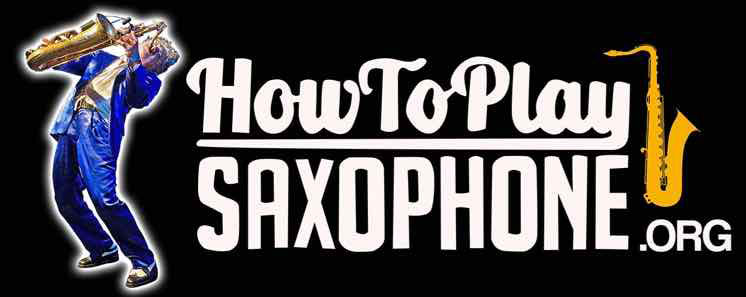Home Alt › Forums › General Questions › Modes
- This topic is empty.
-
AuthorPosts
-
August 1, 2012 at 3:50 pm #9033
Hi Johnny,
Can I ask a more general question about music theory? I understand that all major scales are played in the Ionian mode, and if for instance I start a C-major on the D it's called the Dorian mode but follows the C scale notes irrespectively. If however I play a D major (F# and C#) but start on E, is it still called a Dorian, Prygian starting on F#, Lydian starting G, etc, or is the mode connotation only for the C major scale?
Jan
August 1, 2012 at 4:27 pm #10388Hi Jan, I can answer that one for you.
It doesn't matter what key you are using the modes work the same way. i.e. the Ionian mode starts and finishes on the root note, the Dorian on the second, Phrygian on the third etc. So for D, the Ionian is D,E,F#,G,A,B,C#,D; Dorian is E,F#,G,A,B,C#,D,E; Phrygian is F#,G,A,B,C#,D,E,F#.
The modes, in order, are Ionian, Dorian, Phrygian, Lydian, Mixolydian, Aeolian (natural minor) and Locrian. They start on the first, second, third, fourth fifth, sixth & seventh notes respectively of any given scale.
Hope that helps.
Alan
August 1, 2012 at 4:40 pm #10389Thanks Alan,
That makes it much clearer. A new question arises, however: when in particular will I be asked to play any of the modes other than the Ionian? I can easily understand and practice the various modes of all 12 major (and I suspect, minor, pentatonic, etc.) scales, but in what connection is it necessary to emphasize that a particular scale isn't played in the Ionian mode? If a piece of music is written in Cm7 and I play the Dm7 scale on my tenor to match, how would another piece of music also written in Cm7 but played in any of the other modes differ?
Jan
August 1, 2012 at 10:16 pm #10390Don't worry about it for now if you're playing rock and blues type music, you don't need those.
December 6, 2012 at 3:33 pm #10541Nice bit of theory made simple there johnny….. NICE ONE!
December 6, 2012 at 4:12 pm #10542yes, guys, I didn’t mean to diminish that entire conversation cause I know some people may be studying for a grade exam or something like that but from where I am and working with much better players than myself these just aren’t brought into the picture. Said all that, I know there is some music and situations where you may need to know this and I’m sorry for not making it clearer. It will be made clear in a more traditional ligit theory book.
-
AuthorPosts
- You must be logged in to reply to this topic.
